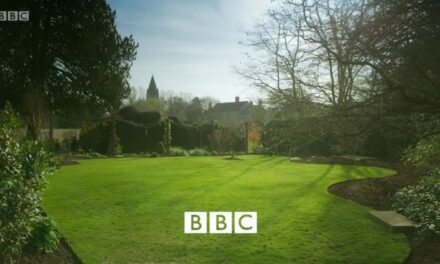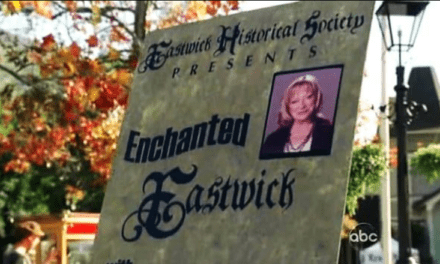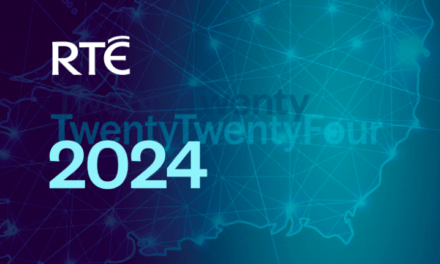
One of the rewards of teaching first-year undergraduates is that you are constantly forced to challenge your own perceptions about the changing nature of contemporary media and society. This year, I noticed a step change in the degree to which a sizeable minority of students seem disconnected from the idea of public service broadcasting in general, and from the BBC in particular. News of the cutting of BBC 3 as a television channel hardly helped matters. The problem is not just one of changing technologies, but of changing attitudes and expectations of what broadcasting as a public service means. The emphasis, to put it crudely, is more on the service (as in ‘serving me with what I want’) and much less on the public.
There’s a contradiction between on the one hand, finding that students come to Cardiff from across the UK and Europe because they feel it has become the place to study the media. Even a decade ago, I doubt that we would have imagined Cardiff’s television output would become such a draw. On the other hand, I’m finding that some of those same students do not feel intimately engaged with either the BBC or public service broadcasting as something that connects them to society or to the rest of the world. Netflix, and social media do that, or so they tell me.
Now this is a complex problem that isn’t unique to broadcasting alone. But one part of it lies, I think, in the sense that the BBC as an institution continues to feel remote from the lives of many, not just in Wales, but across the UK. This is quite different from saying that individual programmes are not valued, often very highly indeed, by viewers. But the BBC is surely more than the sum of its output; it is also a landmark figure in civil society and in the imaginative life of the nation. The BBC is good at authority, less good at intimacy.
In Wales, since 2008 especially, many have argued that the BBC needs to pay better heed to the realities of post-devolutionary Wales and to the duty it has to serve its people. This can never be a matter of news alone, important though accurate and diverse journalism is to the fledgling democracy of a devolved Wales. That is why Tony Hall’s recent speech [insert link here http://www.bbc.co.uk/mediacentre/speeches/2014/dg-wales] at the National Assembly for Wales seemed positive to me because here was a sense of someone who seemed actually to ‘get it’, as when he stated that ‘there are some aspects of national life in Wales that are not sufficiently captured by the BBC’s own television services in Wales, and I would include comedy, entertainment and culture in those categories’. Even more striking was his acknowledgement that ‘English language programming from and for Wales has been in decline for almost a decade’. Hallujah! You’ve noticed! And it seems, Hall thinks it actually matters.
But if he sounds like a DG who can genuinely understand the problem, then the real question is, what is he and other stakeholders going to do about it? A published, timed plan of action would really signal a commitment to change of a substantive and long-lasting kind rather than being a nod to sensibilities ahead of charter renewal. For Hall, partnership with a range of arts and media organisations including S4C, Arts Council Wales and Hay Festival is a vital part of the answer. Unsurprisingly, Fiction Factory’s Hinterland (named thus and not as Hinterland/Y Gwyll) was held up as an exemplar. I have been a huge fan of the series in all its iterations, but one crime drama does not a cultural renaissance make. If we want a rich and diverse broadcasting landscape then we will need to find a way of having more than a couple of brilliant stars up front. There’s depth needed in a winning team and that means more than one or two writers, more than one or two dramas, more than one or two genres. Telling us the money’s not there won’t wash. It is an inadequate response and one that sounds fundamentally complacent. The BBC enjoys an unparalleled position of significance in Welsh media. Roath Lock has enjoyed considerable support from viewers and industry workers, providing a powerful instance of Welsh production capacity. But the challenge now is to transform this network success into making a new BBC Wales that has something imaginative and entertaining to say to and about Wales and not just from Wales. Because whilst network successes like Doctor Who and Casualty can provide jobs in Wales (for my students included) what they have not really done is tell us very much about ourselves. A national broadcaster should have something to say, not just something to make. And if that nation is bilingual, then the stories it tells must be too.
Dr Ruth McElroy,
Director Creative Industries Research Institute,
University of South Wales
June 2014





